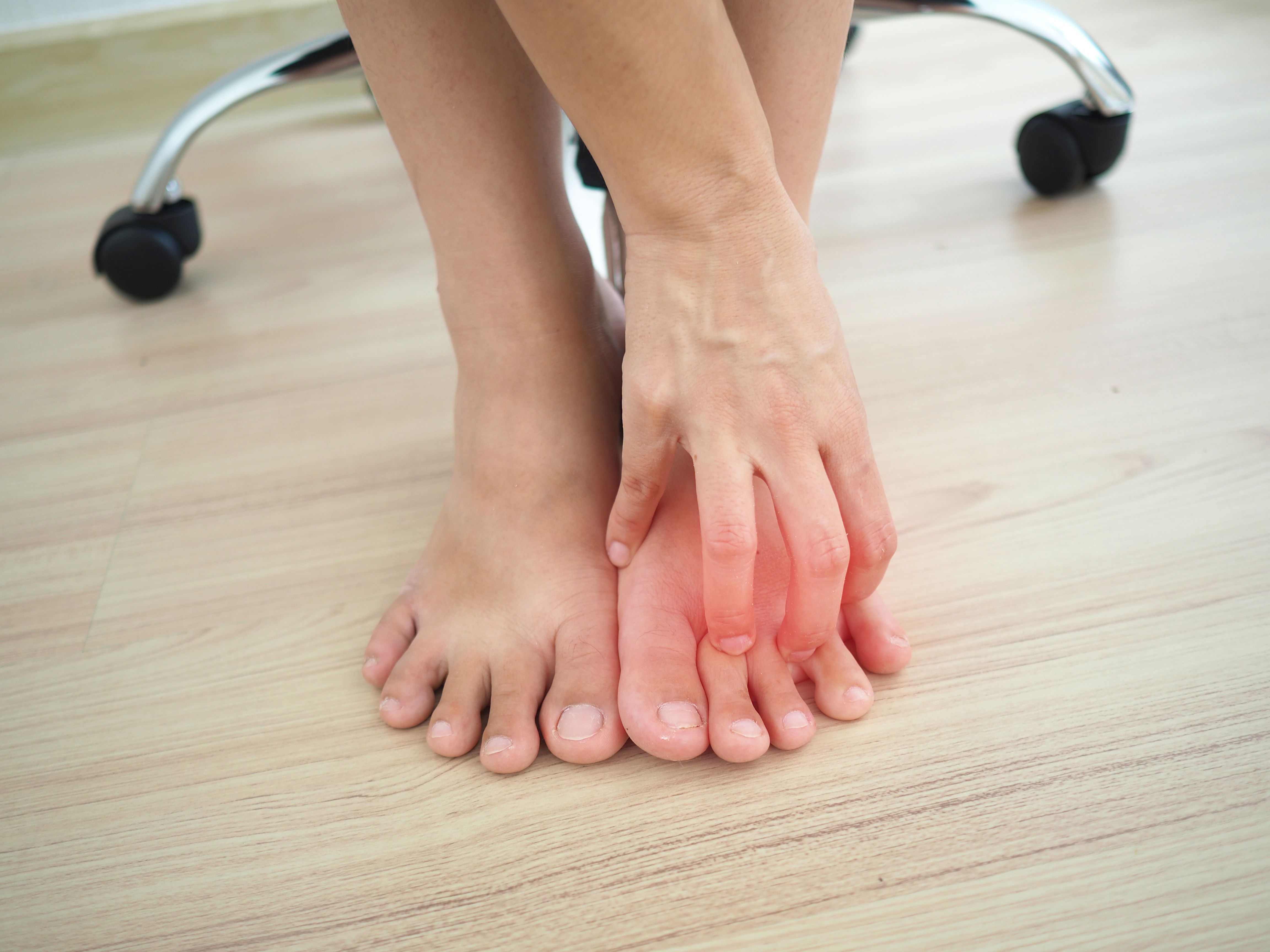- Center on Health Equity & Access
- Clinical
- Health Care Cost
- Health Care Delivery
- Insurance
- Policy
- Technology
- Value-Based Care
Bimekizumab Shows Promising 52-Week Safety and Efficacy in Psoriatic Arthritis
Promising results presented at the Academy of Managed Care Pharmacy 2024 annual meeting support the safety and efficacy of bimekizumab treatment in patients with active psoriatic arthritis who had previously shown inadequate response or intolerance to tumor necrosis factor inhibitors.
Image Credit: Bungon - stock.adobe.com

A recent study evaluating the long-term safety and efficacy of bimekizumab in patients with active psoriatic arthritis (PsA) who had previously shown inadequate response or intolerance to tumor necrosis factor inhibitors (TNFi-IR) has yielded promising results, according to results presented at the Academy of Managed Care Pharmacy 2024 annual meeting.1 The findings, derived from the open-label extension study BE VITAL (NCT04009499), support the potential of bimekizumab as a treatment option for PsA.
The objective of the study was to assess the safety and efficacy of bimekizumab over a 52-week period, following the completion of the 16-week phase 3 double-blind, placebo-controlled BE COMPLETE trial. In BE VITAL, all participants received 160 mg of bimekizumab every 4 weeks. Another pair of 52-week randomized controlled trials, BE MOBILE 1 and BE MOBILE 2, which evaluated patients with axial spondyloarthritis (axSpA), similarly exhibited the efficacy of bimekizumab across various clinical response criteria, disease activity measures, patient-reported outcomes, and peripheral manifestations.2
Efficacy Assessment of Bimekizumab
Patients initially randomized to bimekizumab showed significant and sustained clinical responses, according to the American College of Rheumatology criteria (ACR50) response rate (≥50% improvement) of 43.4% at week 16, which increased to 51.7% at week 52.1 Patients who switched from placebo to bimekizumab experienced rapid improvements, with ACR50 response increasing from 6.8% at week 16 to 40.6% at week 52. Similar trends were observed for ACR20 and ACR70 responses, with sustained improvements seen in both bimekizumab-treated patients and those who switched from placebo.
Complete skin clearance, as defined by the Psoriasis Area and Severity Index 100 (PASI100), was achieved and sustained in a significant proportion of patients receiving bimekizumab, with 65.9% achieving PASI100 at week 52. Patients who switched from placebo to bimekizumab also showed substantial improvement in skin clearance, with 60.2% achieving PASI100 at week 52. Additionally, composite measures of disease activity, such as minimal disease activity (MDA) and very low disease activity (VLDA), showed sustained responses from week 16 to week 52 in patients treated with bimekizumab.
In the assessment of other core PsA disease domains, including resolution of enthesitis, dactylitis, and nail psoriasis, investigators found sustained improvement with bimekizumab treatment through week 52. Improvements in patient-reported physical functioning, pain, and fatigue were also observed, with a significant proportion of patients achieving clinically meaningful improvements in the Health Assesment Questionnaire Disability Index (HAQ-DI) score and experiencing reductions in pain and fatigue levels.
Bimekizumab Safety Profile
A higher proportion of patients experienced treatment-emergent adverse events (TEAEs) while on bimekizumab compared with placebo. Specifically, 40.4% of patients on bimekizumab experienced TEAEs, while 33.3% of patients on placebo reported events. Over the course of 52 weeks, TEAEs were reported by 62.6% of patients receiving bimekizumab, including those who switched from placebo to bimekizumab at week 16. Serious TEAEs were infrequent during the initial treatment period, with only 5 patients (1.9%) on bimekizumab reporting events compared with none in the placebo group. However, over the 52-week period, 5.9% of patients experienced serious TEAEs while on bimekizumab, leading to study discontinuation in 4.1% of cases.
One sudden death occurred in a patient treated with bimekizumab, but it was deemed unrelated to the study treatment. Notably, the incidence of TEAEs decreased from the initial phase to the later weeks of treatment, with an event rate of 167.2 per 100 patient-years (PY) during weeks 0 to 16, decreasing to 125.4 per 100 PY from week 16 to 52. The most common TEAEs reported included SARS-CoV-2 infections, oral candidiasis, nasopharyngitis, and urinary tract infections.
Serious infections were reported in a small proportion of patients (1.8%), with 2 cases occurring during the placebo-controlled period. Cases of opportunistic infections, including oesophageal candidiasis, were rare but notable. Hypersensitivity events were reported in 4.9% of patients, with dermatitis and eczema being the most common manifestations. Injection site reactions occurred infrequently (1.5%), and elevations in liver enzymes were reported in 3.1% of patients.
Investigators noted that there were no cases of active tuberculosis, uveitis, adjudicated inflammatory bowel disease (IBD), or adjudicated suicidal ideation and behavior. However, a small number of malignancies were observed in patients receiving bimekizumab after week 16, including cases of endometrial cancer, recurrent gastric cancer, and prostate cancer. Additionally, fungal infections were reported in 9.5% of patients receiving bimekizumab during the 52-week period, with the majority being Candida infections, particularly oral candidiasis. Recurrent Candida infections were reported in a few patients, leading to study discontinuation in two cases.
“Results from the BE COMPLETE study demonstrated that bimekizumab was superior to placebo at improving the signs and symptoms of PsA, across a range of core domains including joints, skin, enthesitis, dactylitis and nails at week 16 in patients with TNFi-IR,” investigators concluded.
References
1. Coates LC, Landewé R, McInnes IB, et al. Bimekizumab treatment in patients with active psoriatic arthritis and prior inadequate response to tumour necrosis factor inhibitors: 52-week safety and efficacy from the phase III BE COMPLETE study and its open-label extension BE VITAL. RMD Open. 2024;10(1):e003855. Published 2024 Feb 22. doi:10.1136/rmdopen-2023-003855
2. Grossi G. Bimekizumab Shows Sustained Efficacy in Treating Axial Spondyloarthritis for 52 Weeks. AJMC. Published April 30, 2024. https://www.ajmc.com/view/bimekizumab-shows-sustained-efficacy-in-treating-axial-spondyloarthritis-for-52-weeks
